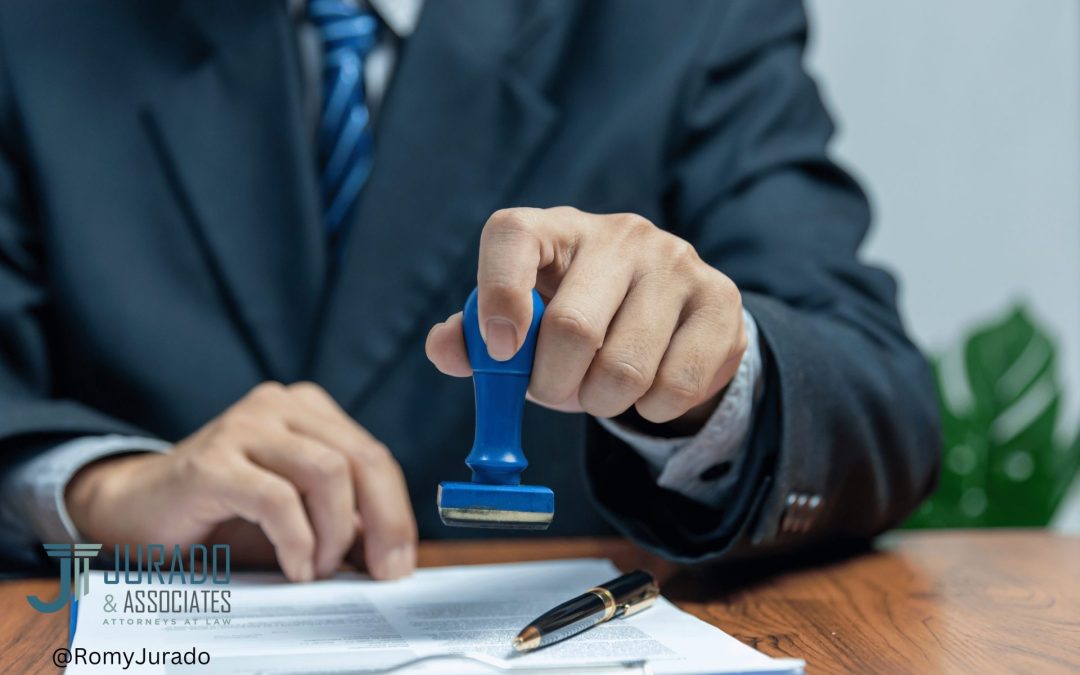The Florida Department of Business and Professional Regulation (DBPR) controls the issuance of alcoholic beverage permits through the Division of Alcoholic Beverages and Tobacco (ABT). In this article, you will discover how to obtain an alcoholic beverage permit in Florida.
How Can I Get an Alcoholic Beverage Permit in Florida – Step-by-Step
Identifying the Proper License Type
The existing alcohol beverage licenses in Florida can be divided into four categories – sales permits, manufacturer licenses, distributor licenses, and special licenses. The most sought-after type is the sales permit category, which offers more than 14 subcategories from beer and wine permits to hard liquor permits.
The options for alcohol manufacturers are AMW (Wine Makers), BMWC (Wine markers & Cordials), CMB (Malt Beverages), DD (Liquor Distillers), and ERB (Blended Liquors) licenses. The price range for this category varies between $1,000 and $4,000.
Alcohol distributors also have different options within a price range between $500 and $4,000 – EDB (Low Alcohol Distributor – Dry Counties), KLD (Distributor of Wine, Spirits, and Malt Beverages), JDBW (Distributor to Distributor), IMPR (Alcohol Importers), and MEXP (Alcohol Exporters) licenses.
The last category encompasses special alcohol licenses, which is the broadest category compared to the others. From licenses to sell liquor at Theme Parks to special licensing for bankruptcy situations, each category varies considerably.
Purchasing an Existing License
While it is possible to apply for a quota license through Florida’s lottery system, the most practical solution for most cases is to buy one from an existing owner. The cost to purchase a certain license depends on the demand.
Typically, the harder the type of liquor, the more expensive a license tends to be. After the license is sold, the licensee must pay a transfer fee.
The calculation of the transfer fee follows a proportion – $1 for every $1,000 on the average annual gross sales of alcohol in the three years preceding the transfer. Currently, the amount is capped at $5,000.
It is possible to pay less if the applicant provides evidence (e.g., accounting records, income reports, etc.) showing the calculated transfer fee is lower than $5,000.
Filing the Paperwork
The supporting documentation required in the process to obtain an alcoholic beverage permit depends on the type of license and whether the applicant is purchasing, leasing, or transferring the license.
For example, applicants filing for a new license, transferring an existing license, or changing the location of a license need a Clearance Statement issued by the Department of Revenue. The list of applicable documents include:
- Zoning approvals
- Sales tax
- Affidavit
- Fingerprints
- The applicant’s Social Security Number (SSN)
- Business registration number
- The applicant’s Employer Identification Number (EIN)
Generally, the officers, directors, or shareholders in the licensee’s company may need to file personal questionnaires.
Once the transfer is complete, the new licensee must pay the annual licensing fee to ensure compliance with DBPR’s rules. The amount paid ranges between $28 -$1,820, depending on the county population.
Do You Want to Obtain an Alcoholic Beverage Permit in Florida? – Immediately Seek Expert Legal Guidance
Without proper legal guidance, obtaining a liquor permit in Florida can be an overwhelming experience. Contact Attorney Romy B. Jurado today by calling (305) 921-0976 or emailing [email protected] to find the best licensing strategy for your case.





